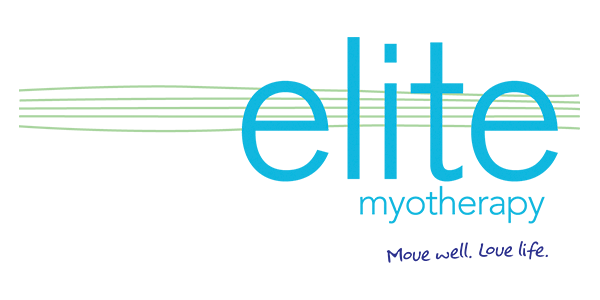
Jaw Pain & TMD Treatment
Myotherapy relieves pain associated with TMD – disorders of the jaw joint and facial pain- Craniofacial Pain Disorder, Myofascial Pain Syndrome Temporal Tendonitis, Trigeminal Neuralgia, Sinusitis.
Some people live with TMD for years before it becomes painful enough to seek help, while others contract the problem suddenly — usually by some trauma or blow to the head, face and/or neck region. Both types of patient can have very similar symptoms.
Myotherapists are muscle specialists qualified to treat Facial Pain and Temporomandibular Joint Disorders (TMD).


What Is TMD?
TEMPOROMANDIBULAR DISORDERS (TMD)
Temporomandibular disorders fall into three main categories:
- Myofascial pain, the most common form of TMD, which is discomfort or pain in the muscles that control jaw function and the neck and shoulder muscles
- Internal derangement of the joint, meaning a dislocated jaw or displaced disc, or injury to the condyle
- Degenerative joint disease, such as osteoarthritis or rheumatoid arthritis in the jaw joint.
A person may have one or more of these conditions at the same time.
What Are TMD Symptoms?
Pain, particularly in the chewing muscles and/or jaw joint, is the most common symptom.
Other likely symptoms include:
- limited movement or locking of the jaw
- radiating pain in the face, neck or shoulders
- painful clicking, popping or grating sounds in the jaw joint when opening or closing the mouth
- a sudden, major change in the way the upper and lower teeth fit together
- non-specific tooth pain
Symptoms such as headaches, earaches, dizziness and hearing problems may sometimes be related to TMD. Keep in mind that occasional discomfort in the jaw joint or chewing muscles is quite common and is generally not a cause for concern. But seek professional help if pain persists.


How Myotherapy Can Help TMD
Did you know
- 87-98% of whiplash injuries result in TMJ problems?
- 75% of people with fibromyalgia also have TMJ disorder?
- 80% to 90% of all TMJ disorders (TMD) are related to the muscles of the body, especially the head, neck & shoulder area.
When these muscles become tense, tighten up or go into spasm, (trigger points), TMJ problems develop. Tight muscles in the shoulders, for example, can cause pain in the jaw – “referred pain”.
Myotherapy is a physical therapy treatment that focuses on the preventative, corrective and rehabilitation phases of injury and pain management to maintain and achieve normal integrity of the soft tissue structure – Muscles, ligaments and tendons of the body.
Myotherapy focuses on detecting and deactivating trigger points in the muscular system, which eliminates muscle tension and painful referral of pain in other areas of the body. Myotherapy aids in the reduction, elimination and recovery from muscle pain through:
- soft tissue manipulation
- corrective exercises
- thermal therapies, both hot and cold
- myofacial stretching
- dry needling







